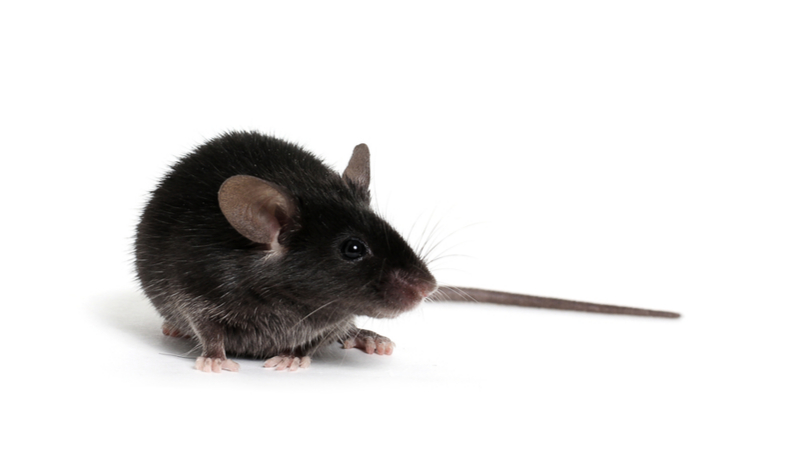Systemic Reduction of Cdc42 Activity Increases Lifespan
- The approach appears to work in mice.

A novel treatment that inhibits the activity of the Cdc42 protein has been found to extend the lifespan of aged mice, most likely through epigenetic changes and regulation of inflammatory cytokines.
Cdc42 is linked with lifespan
Cdc42 is a RhoGTPase, a kind of signaling protein involved in a variety of processes in eukaryotic cells. It switches between two states, an inactive form bound to GDP and an active form bound to GTP, and the transition between the two states is normally tightly regulated.
A 2017 study found higher levels of the active form – and increased Cdc42 activity – in the blood of older humans, and earlier work had found similar results in various tissues from other aged animals. Research has also shown that increasing Cdc42 activity in young mice results in a phenotype similar to premature aging.
These findings hinted at a role for Cdc42 in aging, and further support came from cell culture work carried out by a team led by Maria Carolina Florian. This team treated hematopoietic stem cells with a Cdc42 inhibitor known as CASIN and found that the reduction in Cdc42 activity resulted in “long-lasting youthful function” of the stem cells.
Trying it in mice
Now, the team has built on this work by testing how the inhibitor affects live mice [1]. The researchers treated 40 female mice that were 75 weeks old and tracked their progress. They began by establishing an appropriate dose to reduce Cdc42 levels without causing acute or chronic toxicity. Aged mice were injected with CASIN for four consecutive days.
On the fifth day, the mice had the same levels of active Cdc42 as young mice. The treated mice also proved to have a higher maximum lifespan and a 10% increase in average lifespan. Given that this boost resulted from a transient treatment, the researchers suspected that it occurs via Cdc42-mediated epigenetic changes. They measured the methylation status of several genes, which serve as an epigenetic clock in this mouse strain, and found that the mice’s epigenetic clocks had become younger than their chronological ages.
Finally, the team also showed that inhibition of Cdc42 activity reduced the levels on cytokines linked with inflammation during aging. The treated mice had cytokine concentrations similar to younger mice, which may have contributed to their increased lifespan.
Cdc42 is a small RhoGTPase regulating multiple functions in eukaryotic cells. The activity of Cdc42 is significantly elevated in several tissues of aged mice, while the Cdc42 gain-of-activity mouse model presents with a premature aging-like pheno type and with decreased lifespan. These data suggest a causal connection between elevated activity of Cdc42, aging, and reduced lifespan. Here, we demonstrate that systemic treatment of aged (75-week-old) female C57BL/6 mice with a Cdc42 activity-specific inhibitor (CASIN) for 4 consecutive days significantly extends average and maximum lifespan. Moreover, aged CASIN-treated animals displayed a youthful level of the aging-associated cytokines IL-1β, IL-1α, and INFγ in serum and a significantly younger epigenetic clock as based on DNA methylation levels in blood cells. Overall, our data show that systemic administration of CASIN to reduce Cdc42 activity in aged mice extends murine lifespan.
Conclusion
This discovery nails down Cdc42 as an important target in longevity research. It’s worth noting that Cdc42 inhibition is only the second treatment to extend lifespan when given to older mice. (The other treatment is the mTOR inhibitor rapamycin.) More work will be needed to identify and understand the precise changes that take place upon CASIN treatment and to determine how it interacts with other approaches, such as rapamycin and senolytics.
Literature
- Florian, M.C., Leins, H., Gobs, M. Han, Y., Marka, G., Soller, K., … Geiger, H. (2020) Inhibition of Cdc42 activity extends lifespan and decreases circulating inflammatory cytokines in aged female C57BL/6 mice. Aging Cell, doi: 10.1111/acel.13208








